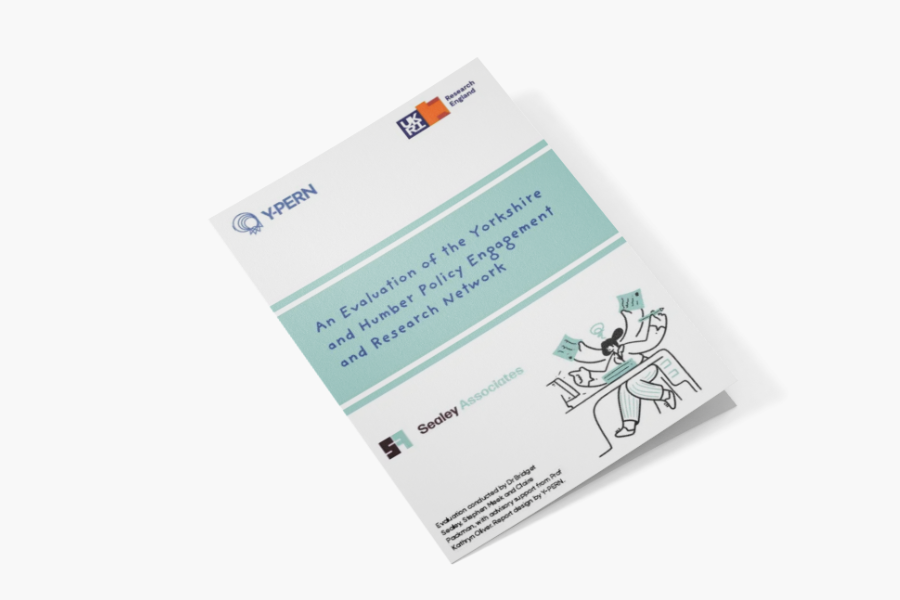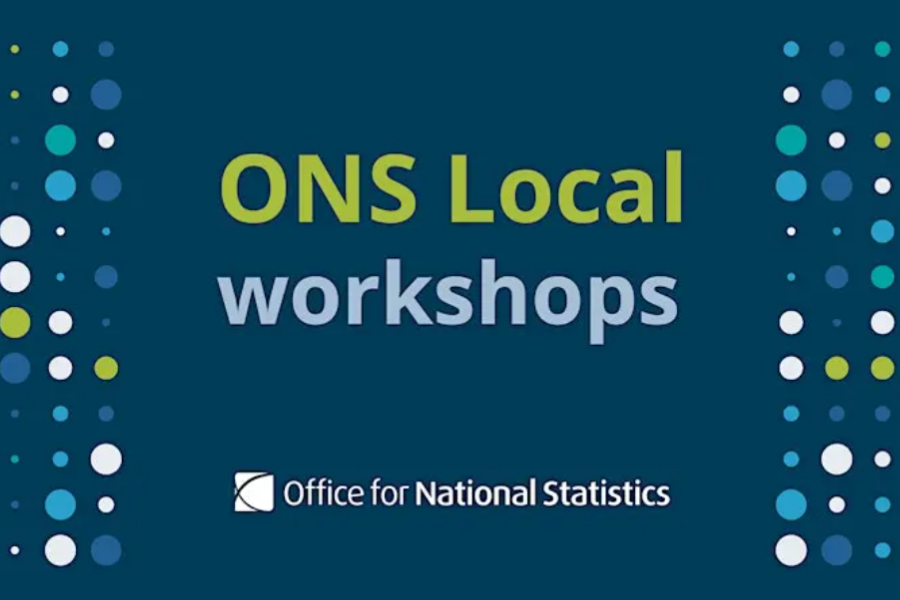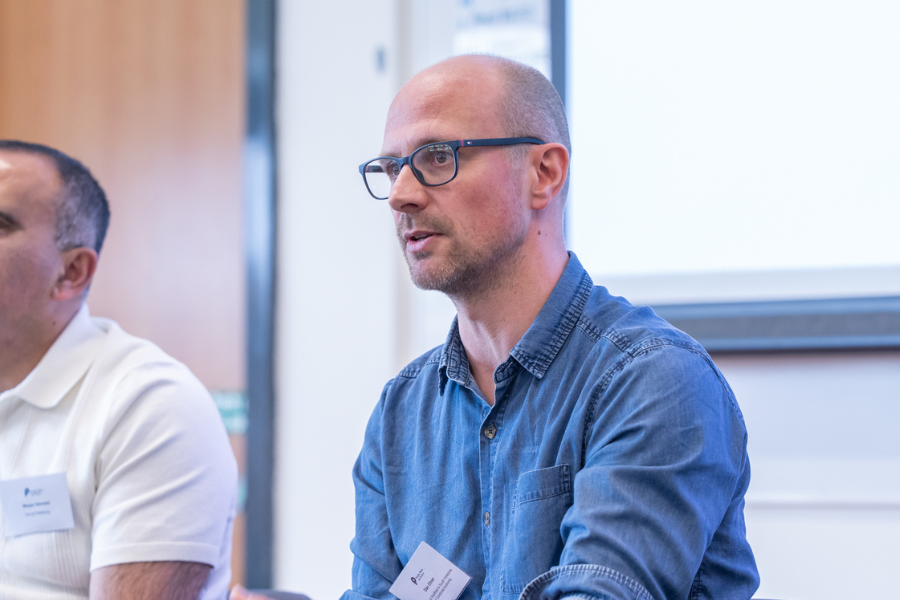“My knowledge of regional policy is night and day different now” – an academic embedded in South Yorkshire Mayoral Combined Authority (SYMCA)
Y-PERN Policy Fellow Dan Olner discusses his dual role as both university researcher and embedded policy analyst, explaining how he helps answer critical questions about South Yorkshire’s economy, growth sectors, and regional strengths. Rather than operating as a traditional academic expert transmitting knowledge from on high, he describes a collaborative model where experts from different backgrounds work together on equal footing.
Dan contrasts his ongoing, open approach with traditional consultant models, emphasising the value of sustained relationships and accessible data. The conversation also examines the sustainability of such embedded roles, the benefits to both academics and policymakers, and the need for collaborative funding from national bodies, regional authorities, and universities to mainstream this type of engagement. Ultimately, Dan makes a compelling case for why these bridging roles matter for evidence-based policymaking and regional development.
About the Speakers
Paul Hayes is Senior Policy Engagement Fellow at Leeds University Business School, supporting academic colleagues in developing impacts from their work and in engaging with the policy community and public bodies. He was formerly corporate policy manager at Wakefield Council and policy lead for the Key Cities Group, an association of 27 mid-size UK cities. This role encompassed policy advisory work to local, regional and national politicians; development and authorship of local and regional strategies and plans; engagement with and representation on working groups of UK government and national bodies; and responses to consultations. The role also included scoping, commissioning, and joint development of academic and think tank research and engagement with business and voluntary and community sectors.
Dr Dan Olner is a data analyst and geographer based in the School of Management at Sheffield University and, through the Yorkshire & Humber Policy Engagement Research Network, is working with South Yorkshire Mayoral Combined Authority on all things economic and regional and data. Dan hasn’t strayed far from Yorkshire, studying politics at Sheffield University and a PhD at Leeds University. Find out about Dan’s work at danolner.net
About the Podcast
“Gerrin’ on wi’ it” is a podcast series brought to you by YPIP, Y-PERN and the Leeds University Business school’s Research and Innovation podcast about collaboration in Yorkshire and the Humber which showcases the people, partnerships, and ideas driving collaborative change across the region. The title – a Yorkshire phrase meaning “getting on with it” – captures the spirit of practical, no-nonsense collaboration that characterises the region’s approach to tackling complex challenges.
Hosted by Dr Andy Mycock and Paul Hayes, the series explores how universities, local authorities, combined authorities, and communities work together to address shared priorities – from economic growth and early years education to community wellbeing and regional development. At its heart, the podcast tells the story of Yorkshire and the Humber as England’s trailblazer for academic-policy engagement.
Find out more about the series here
Get Involved
Listen to “Gerrin’ on wi’ it” on Soundcloud below or on Apple Podcasts and Spotify.
Transcripts of all episodes are available. Download the transcript for this episode here













